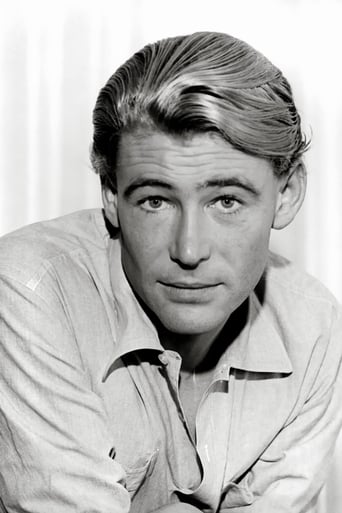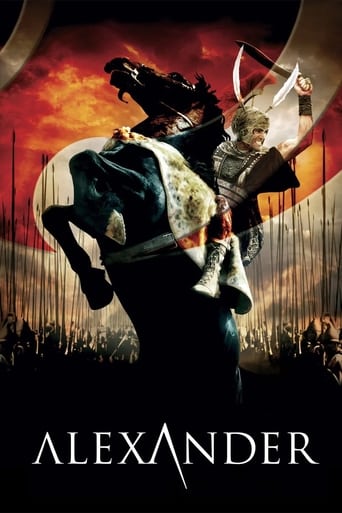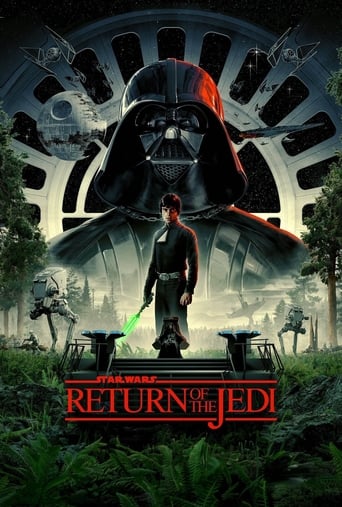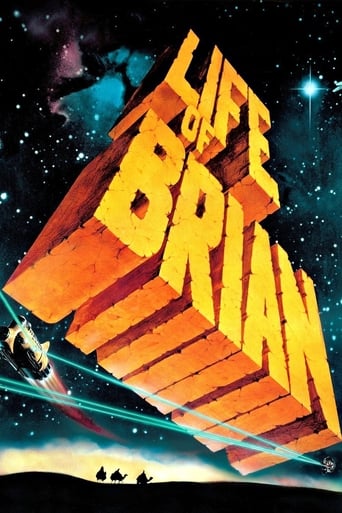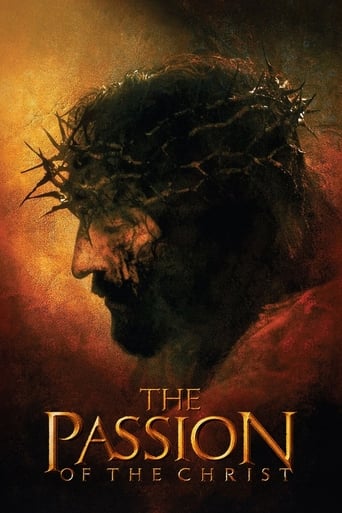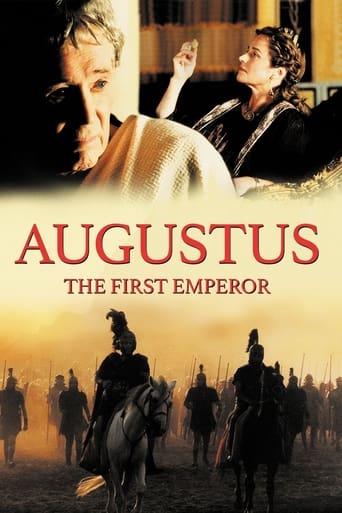
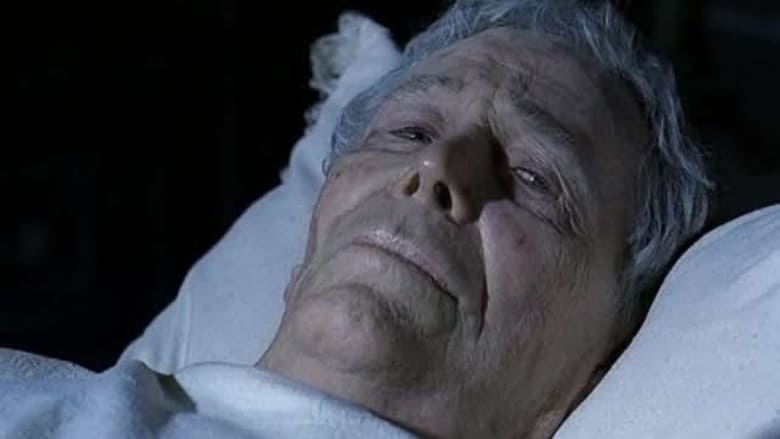
Augustus: The First Emperor (2003)
Caesar Augustus tells of how he became the emperor to his reluctant daughter, Julia following the death of her husband Agrippa.
Watch Trailer
Cast


Similar titles
Reviews
Peter O'Toole and Benjamin Sadler share the role of the first Emperor Augustus of the new Roman Empire in this literate adaption of his story. For those of you who have read, seen, and enjoyed I Claudius, Julius Caesar, and Antony And Cleopatra, this film will be all the more enjoyable.In the other works I've mentioned Augustus aka Octavian is a peripheral character in the drama. Here the story is seen from his perspective, in the present with Peter O'Toole where he is dealing with the problem of his daughter Julia played by Vittoria Belvedere in 12 BC. If you've seen I Claudius you know the story and the intrigues surrounding that. The slant is different in this, her husband and Augustus's trusted friend Marcus Aggripa has died, leaving her with three children. She now wants to marry for love, but Augustus influenced by his wife Livia, his second wife I might add played by Charlotte Rampling has her marry Tiberius, Livia's son by her first marriage. However Livia as determined as she is to see her son succeed her husband, she is not the manipulative monster as she was in I Claudius. That was author Robert Graves own interpretation.In flashback we see Benjamin Sadler as young Octavian who with his trusted companions Agrippa played by Ken Duken and Maecenas played by Ronald Barr as they first join Octavian's grand uncle Julius Caesar at his final campaign against the heirs of Pompey in Munda, Spain. After that we see for the only time I know the events of Julius Caesar and Antony And Cleopatra from the point of view of Octavian. Those events bear very heavily on the reasons Augustus makes the decisions he does. We also see Sadler courting the young Livia played by Martina Stella who was of high noble birth and let everyone know it. This is the genesis of the character played by Rampling here and by Sian Phillips in I Claudius who was at one time married to Peter O'Toole.I made it a point to do some research Ronald Barr's character Maecenas and what you see is what apparently was. He's described as effeminate and that's putting it mildly. Apparently Augustus and Aggripa didn't have a problem with him hanging around and as a minister of the empire later, Maecenas was quite efficient and effective. Imperium: Augustus is one fine and almost flawless made for TV film, it should have gotten theatrical release. If you liked those Shakespeare classics and Robert Graves' I Claudius, this is an absolute must view for you.
Having seen lots of epics on ancient Egypt, Greece or Rome, the viewer is bound to be attached to some favorable depiction/depictions of a story and, consequently, make comparison. Moreover, what we can observe in the genre is a selection of historical material. It's clear that some stories are put to screen many times while other ancient or medieval events, which could be equally entertaining, are entirely ignored. And that is what we find here - another film adaptation about the rise of the Roman Empire. Consequently, a question could arise: "is there any point in making yet another movie about Augustus' reign?" It seems that the persona of Augustus Caesar has been widely developed in lots of film versions from spectacular CLEOPATRAs to brilliant novel-based drama I, CLAUDIUS (1976). In other words, does AUGUSTUS (2003) by Roger Young offer us anything new? At first sight, it occurred to me that the movie is practically yet another revision of what has already been said. What is more, being watched by some historian, it can appear to be discouraging for a person who notices quite a few serious inaccuracies. Just to note the fact that Octavian is depicted as a villager who finds himself once in the great world that Rome was and sacrifices everything to join his noble companions. Other errors include the depiction of deaths of Augustus' grandchildren Cassius and Lucius and the attempt on Augustus' life. The Battle of Aktium is skipped though it was so decisive for the events to come, for Octavian and Agrippa. So we soon realize that the aim of the director was no history lesson since he takes much liberties in this case. However, while looking deeper at some aspects of this film, you realize that the point lies somewhere else.Roger Young's movie's strength lies in the the psychology, the insight into the personal struggles of Augustus. Since it has a powerful tale to tell, the director uses the tool to tell the story according to his own vision: a story of a man who ruled the world but could not rule himself, his own life; a man with all his strengths and weaknesses, a father who was forced to send his beloved daughter to exile, a brother who had to sacrifice the happiness of his sister for Rome; a husband who could not foretell the wickedness of his wife; finally, a 'god' (worshipped by some people within the empire) who could not avoid the necessary fate of death. What comes in the end is one man, one life, one death... All this is presented memorably thanks to flashbacks and Augustus reflecting on his own decisions, deeds and consequences. And you as a viewer will feel empathy with him due to precious modesty portrayed in the end. But as far as the psychological reflections are concerned, I would like to highlight briefly one more aspect...You can have some doubts as for the authenticity of some thoughts due to their Christian, or as some people prefer 'modern' nature. There is a mention of love over power, of forgiveness over revenge. There is Julia at dying Augustus to represent forgiveness. Even Augustus himself mentions the birth of a Savior while denying his own divinity... Strange... The story is set in pagan Rome where there was no room for Christian ethics. What does the director want to convey? What does he want to tell us by that? Could people who did not know Christian values consider them so seriously? Perhaps the universal presence of God's Spirit within humanity?... This is a dilemma that I tried to figure out and could not find most adequate answers to these questions.Other stories, other plots are there as rather historical than historic. Yet, there is a need to mention some of them. We have the aforementioned Julia portrayed by Vittoria Belvedere, a tragic woman striving for happiness of love by means of decadence of lust. There is Livia, Augustus' wife portrayed by sweet young Martina Stella and later by Charlotte Rampling indeed not that memorable as Sian Phillips in the famous TV series but giving quite a decent performance. There is beautiful Anna Valle as seductive Cleopatra and pathetic Massimo Ghini as Mark Antony. There are supporting cast worth attention like as Cicero. But no performance can equal to Peter O'Toole's in the lead. He crafts the difficult role perfectly making it possible for the viewer to understand Augustus, to get his point, to see the events in his way, from his point of view.All in all, does the movie play its role well? Not so much as an epic but it was not meant to be a spectacle whatsoever. It's worth seeing as a biopic of a powerful ruler and a simple man convincingly portrayed by a talented artist and a terrific actor. Applause Augustus Caesar! Applause Peter O'Toole! 7/10 for the whole movie
My wife and I couldn't even finish the film. Truly, it was rather painful.First, the historical accuracy is compromised not so much by the events themselves as the ridiculous one-dimensionality of the characters. For instance, Augustus takes the "burden" of power only with great reluctance. Indeed, he is portrayed as if he's some sort of great humanist and believer in democracy.Second, the camp! My lord, the dialog is horrifically bad. I recall the soap opera my mother watched when I was a child having better dialog than this. The constant exposition and pontificating grates upon the ears like fingernails on chalkboard. Ugh. (Okay, I exaggerate a bit, but the dialog truly is bad.) The HBO series Rome is superior for no other reason than that its characters were at least believable, regardless of their historicity.Rome was also wise enough to know they couldn't stage epic battle scenes. The creators of this film did not. When Caesar attacks Munda, the battle scene is practically farcical.I will grant that the costumes are perfectly good. The sets are fine, though their CGI backdrops can be a bit jarring at times. The sound is bad, though—both in terms of the music, the foley work, and the dubbing of so many of the side characters.Anyway, it's completely not worth renting. As a history major, I was hoping for an alternative approach to Augustus than HBO's Rome, which, I feel, failed to capture his overall "feel" quite as well as they did Caesar or Antony. Instead, I should have just stuck to my reading.
One of the best movies I've seen since Lion of Winter with Katherine Hepburn. Peter O'Toole's performance is on par with her performance. Altogether a magnificent movie with lush sets and sterling acting from a host of actors unknown in the United States. I'm particularly enamored of Ken Duken as the you Agrippa and would like to see more from him.A great blend of the full range of human emotions humor included at just the appropriate moment to keep it from becoming depressing.I highly recommend this movie - do be aware, however that it is very long - although worth every minute.


